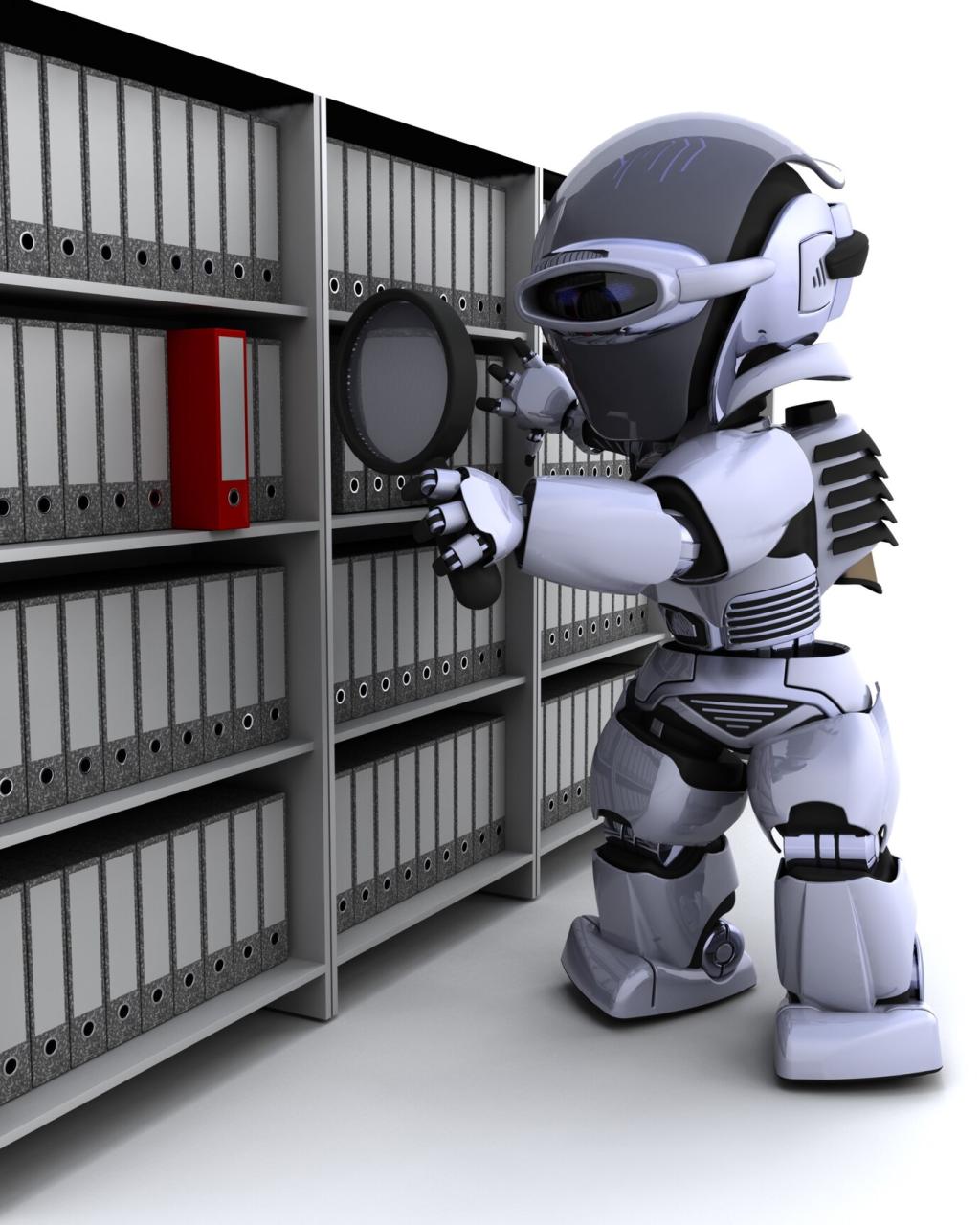The Future of Accounting: AI Integration and Innovations
The Evolution of Accounting in the Digital Age
From Paper Ledger to Digital Ledger
The history of accounting shows a journey from painstaking manual recordkeeping to the high-speed digital solutions of today. Paper ledgers, once the backbone of accounting departments, demanded time-consuming and error-prone entries. Introduction of the computer revolutionized this terrain, with spreadsheet programs and digital financial systems taking the burden off manual processes. Now, cloud technology is pushing the envelope even further, allowing for real-time collaboration, automated backups, and global access. These tools have served as stepping stones, bringing the profession to the brink of an AI revolution that will further diminish manual labor and open doors to richer insights and more strategic roles for accountants.
The Shift Toward Data-Driven Decision Making
Modern accountants are no longer number crunchers behind the scenes—they are essential business strategists. This shift is due in large part to the proliferation of data and the emergence of complex analytics tools. Firms can now evaluate not only historical financial data but also predictive trends, customer behaviors, and market fluctuations. Accountants use such insights to offer guidance that influences business direction, competitive strategy, and long-term growth. Embracing AI and robust analytics enables the profession to transcend compliance and reporting to drive tangible business value, thus redefining the core purpose of accounting in contemporary organizations.
The Need for Continuous Adaptation
With rapid technological progress, accountants must adopt a mindset of lifelong learning and continuous adaptation. Traditional accounting skills alone are no longer sufficient. Professionals are expected to familiarize themselves with new platforms, understand data analytics, and stay abreast of evolving regulatory landscapes shaped by technology. The demand for multidisciplinary expertise is rising as automation handles routine processes, freeing accountants to focus on advisory and analysis. This necessity for ongoing skill enhancement reflects not only a changing profession but also an exciting opportunity for individual and collective growth within the industry.
AI-Driven Automation and Its Impact
Streamlining Routine Processes
Routine accounting tasks such as data entry, reconciliation, and invoice processing have long consumed significant time and resources. With AI-powered automation, these functions are now being completed in a fraction of the time, with greater accuracy and minimal manual intervention. Machine learning algorithms can extract information from receipts, categorize transactions, and even identify discrepancies with remarkable precision. This automation not only improves efficiency and cost-effectiveness but also reduces the potential for costly errors—freeing accountants to focus on more impactful tasks. Ultimately, the automation of routine activities marks a major shift in how accounting departments operate, delivering substantial productivity gains for businesses.

Predictive Analytics and Financial Forecasting
AI algorithms are ushering in a new era of predictive analytics and forecasting within the accounting sector. By examining vast troves of historical data, market conditions, and real-time transactions, machine learning models can predict future financial outcomes with unprecedented accuracy. This capability allows organizations to proactively manage cash flow, anticipate risks, and seize opportunities before they materialize. Accountants can now deliver more valuable advice, guiding decision-makers with data-driven foresight rather than relying solely on retrospective analysis. Such innovations are transforming financial planning from a static, backward-looking exercise into a dynamic and strategic process anchored in forward-looking intelligence.
Intelligent Virtual Assistants
The deployment of intelligent virtual assistants powered by AI is revolutionizing how accountants interact with clients and manage internal processes. These digital agents can answer questions, schedule appointments, process basic transactions, and even provide on-demand financial insights. By handling a wide range of support tasks, virtual assistants enhance client service and allow human professionals to concentrate on solving complex problems and building relationships. The growing sophistication of these tools means accountants can increasingly rely on them for real-time information retrieval, regulatory updates, and even training, making the workplace more agile and responsive to mounting demands.
Real-Time Fraud Detection and Risk Assessment
AI’s ability to process and analyze massive amounts of data in real time is redefining the field of fraud detection and risk management. Advanced algorithms monitor transactions, flagging suspicious behavior almost instantaneously. These systems can learn from new fraud techniques, adapting their detection protocols and reducing false positives over time. The impact is significant: businesses can protect financial assets more effectively, comply with stringent regulatory requirements, and build greater trust with stakeholders. Real-time risk assessment tools further empower accountants to identify vulnerabilities, recommend mitigation strategies, and respond proactively to emerging threats across financial landscapes.

